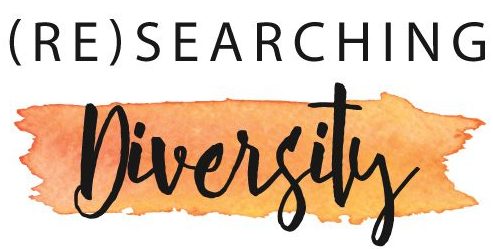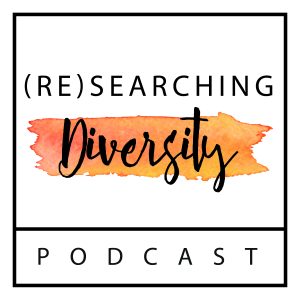Ursula Moffitt: Critical consciousness || Positionality in research
In this episode, we talked to Ursula Moffitt who is an assistant professor at the University of New Mexico, in the USA.
PAST (00:02:42): Ursula describes her path into academia and her continuous struggles with the boundaries of particular academic disciplines, including psychology.
PRESENT (00:11:33): We talk about a study from Quiles and colleagues (2023) about how young adults during the Covid-19 pandemic perceived their own critical consciousness and how this differed depending on the societal position of participants. We further discuss how critical consciousness can be connected to being and identifying as “White”, which is closely linked to Ursula’s own academic work.
FUTURE (00:24:55): Ursula highlights how important it is that all researchers are aware and reflective of their own societal position when they conduct research (positionality). Also, we talk about the need for going beyond the typical questionnaires and experiments for collecting data from youth, but to instead better train educators and psychologists in qualitative research methods.
FULL REFERENCES OF THIS EPISODE:
*Quiles, T. B., Hoyt, L. T., Dotson, M. P., Castro, E. M., May, M., & Cohen, A. K. (2023). Who has to act? A qualitative exploration of emerging adults’ critical consciousness during the COVID‐19 pandemic. American Journal of Community Psychology, 71(1–2), 136–146. https://doi.org/10.1002/ajcp.12638
FURTHER INSPIRING AUTHORS MENTIONED IN THIS EPISODE:
Adriana Aldana, Katie Richards-Schuster




